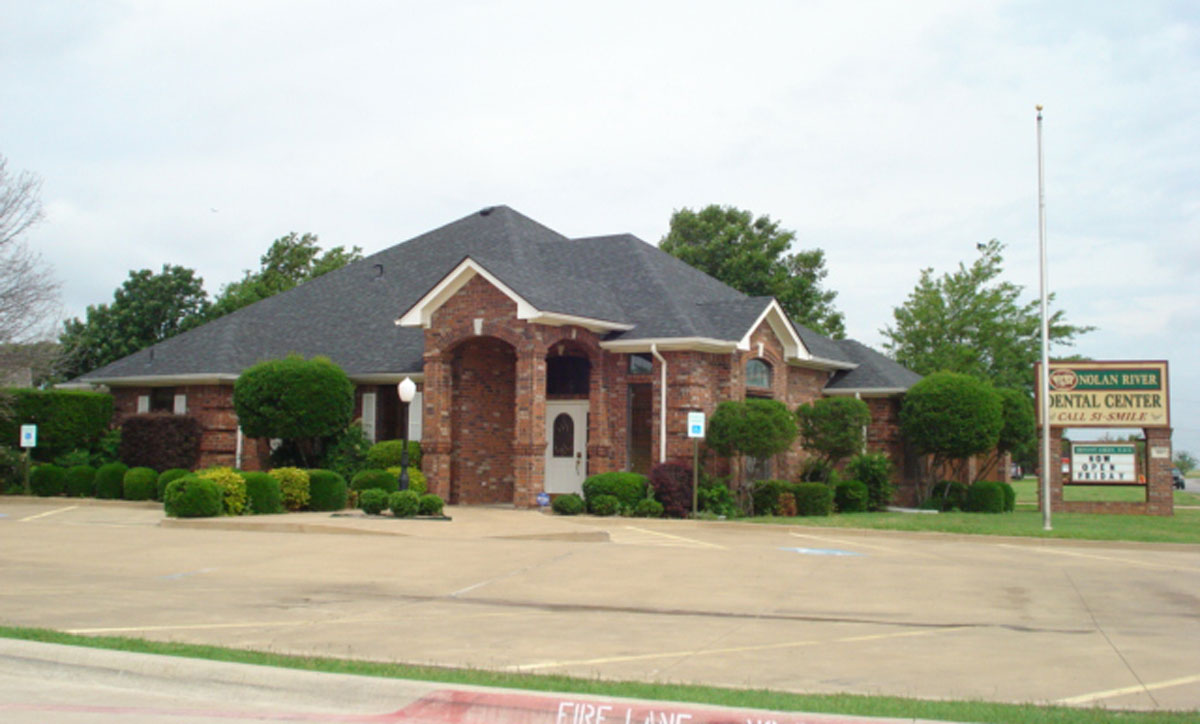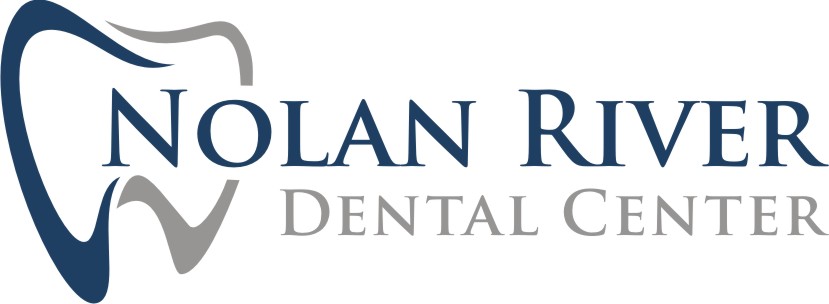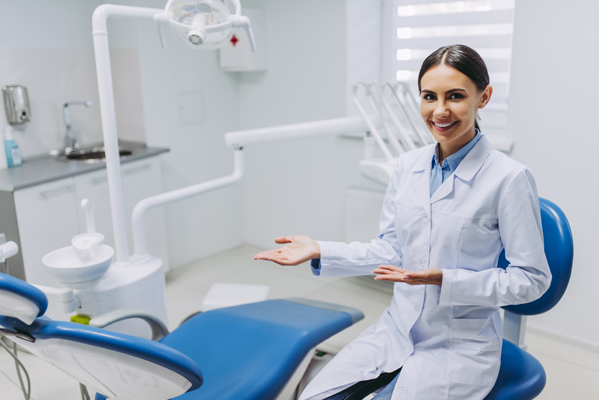Your first visit to a new dental office can be a time of great anxiety, especially since you do not know what to expect. The good news is that going to a new dentist is simple, and by understanding what the first visit will entail, you can make sure you are prepared. The dentist will primarily focus on getting to know you as a patient during the first visit, though a cleaning and exam are also typically part of the plan.
The first visit to a new dental office: Preparation and tips
Before patients visit a new dental office, they should understand what goes into the first visit, also called the intake. This initial consultation may take longer than a standard visit because the office needs to collect more information from the patient.
Filling out paperwork
The first step in any visit to a new dentist is to fill out paperwork detailing the patient’s oral health history, any existing concerns, and other useful information, such as insurance details. The information required will vary by office, so be sure to bring photo identification, insurance details, a list of medications, and notes about family dental history, if possible.
Meeting the team
The first visit to a new dental office is a great time to meet the employees, from the front office staff to the dentists and hygienists. Patients can tour the office and meet the people who will be assisting them with their oral health concerns going forward.
Getting the opportunity to meet these professionals before working with them means they are not strangers when the exam happens. It also lets patients see the state of the office, such as whether it is clean, organized, and supportive of the dental work that goes on inside.
Undergoing baseline data collection
When it is time for the patient to go into an exam room, the dentist or a hygienist will begin the process of collecting their baseline dental information. This usually includes taking bitewing X-rays to visualize the patient’s mouth so the dentist has a more complete picture of the oral cavity.
By taking these images and notes now, dentists can begin to build a patient history. This way, they can track changes over time, potentially identifying problematic developments before they worsen.
Getting an exam
Most first visits end with an exam and possibly a cleaning. This promotes a healthy smile and gives the dentist the opportunity to examine the mouth directly for problematic elements, such as signs of oral cancer or decay. Based on what is discovered, the patient and dentist can decide what to do next.
Create a good relationship with your new dental office
Visiting a new dental office is a great way to take charge of your oral health from the ground up. Our dentist will take a comprehensive history to establish your file and begin charting your oral health over time. If any problems arise, they can be caught early. Contact our office to schedule your appointment!
Request an appointment here: https://www.nolanriverdentalcenter.com or call Nolan River Dental Center at (817) 517-6453 for an appointment in our Cleburne office.
Check out what others are saying about our dental services on Yelp: Dental Office in Cleburne, TX.
Related Posts
If A Tooth Gets Knocked Out Follow These Tips From Our Dental Office
As a dental office we understand how important teeth are. Our digestive process begins with the act of chewing and so protecting our teeth is essential. In the modern world, our children are faced with …
Welcome to Nolan River Dental Center
We are committed to providing quality service to residents located In the Cleburne, TX area. Our website has additional information about the following topics: Dentist In Cleburne, Cosmetic Dentist, Dental Implants Cleburne, Dental Restoration, Dental …
Nolan River Dental Center Uses Root Canals to Treat Infected Teeth
When one or more of your teeth become infected due to untreated cavities or injury, root canals may be required. Many patients are confused as to when and why root canals are necessary. Some people …
Can General Dentists Perform Oral Surgery?
Understanding the types of dental procedures that a general dentist can perform is a great idea. This lets you know what procedures will require a referral to see another type of dental …



